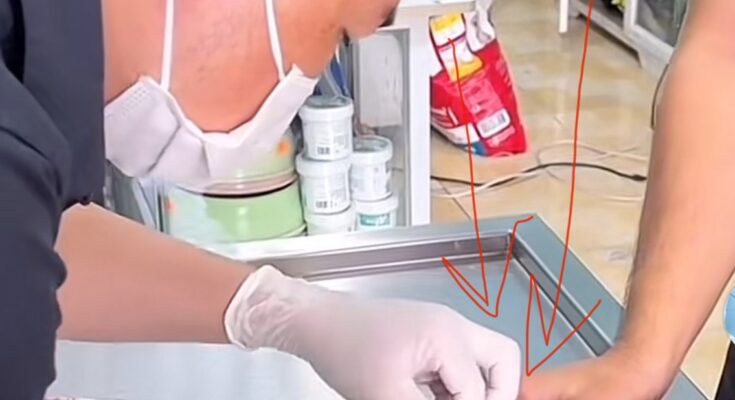Vaccinating baby monkeys is a crucial step in ensuring their health and preventing infectious diseases that could impact their development and longevity. Just like human infants, baby monkeys require careful post-vaccination care to help them recover smoothly and build strong immunity. Whether you are a wildlife caretaker, veterinarian, or an enthusiast involved in primate care, understanding how to nurture baby monkeys after vaccination can make all the difference in their well-being.
Why Vaccination is Important for Baby Monkeys
Baby monkeys are vulnerable to various infectious diseases due to their developing immune systems. Vaccinations protect them against common pathogens such as measles, tuberculosis, and simian-specific viruses. Proper immunization reduces the risk of outbreaks in captive populations and supports the conservation of endangered primate species.
However, vaccinations can cause temporary side effects such as mild fever, soreness at the injection site, or slight lethargy. Recognizing and managing these symptoms is vital to avoid complications and ensure the baby monkey returns to its normal state quickly.
Immediate Post-Vaccination Care
After administering the vaccine, monitoring baby monkeys closely is essential. Here’s what caregivers should focus on:
-
Observation: Keep the baby monkey in a calm, comfortable environment free from loud noises and stressors. Observe for signs of discomfort, swelling, or unusual behavior.
-
Hydration: Ensure the monkey stays well-hydrated by providing fresh water or milk substitutes as recommended by the veterinarian.
-
Temperature Monitoring: A mild fever is normal, but a high or persistent fever should prompt immediate veterinary attention.
-
Injection Site Care: Check the vaccination site daily for redness, swelling, or discharge. Gentle cleaning may be needed if the area becomes irritated, but avoid applying any creams or medicines unless directed.
Nutrition and Rest
Proper nutrition supports immune response and healing. Feed baby monkeys with nutrient-rich, age-appropriate diets that include fruits, vegetables, and formula milk designed for primates. Avoid sudden changes in diet post-vaccination to prevent digestive upset.
Rest is equally important. Vaccinated baby monkeys may feel tired or sleepy. Provide a warm, secure nesting area to promote restful sleep and reduce stress.
Behavioral Support and Social Interaction
Baby monkeys thrive in social groups, but after vaccination, it might be necessary to limit close contact temporarily to prevent the spread of any potential side effects or secondary infections. However, complete isolation should be avoided as social interaction is crucial for mental development.
Caregivers can gently stimulate and comfort the baby monkey through soft vocalizations and gentle touches to reduce anxiety and encourage positive bonding.
When to Seek Veterinary Help
While most vaccine reactions are mild, it’s essential to recognize warning signs that require professional care:
-
Persistent high fever lasting more than 24 hours
-
Severe swelling or pus at the injection site
-
Difficulty breathing or rapid breathing
-
Loss of appetite lasting over 48 hours
-
Lethargy beyond normal tiredness or unusual aggression
If any of these symptoms occur, contacting a veterinarian promptly can prevent complications and ensure the baby monkey’s safety.
Conclusion
Caring for baby monkeys after vaccination involves patience, vigilance, and gentle nurturing. By providing a safe environment, ensuring proper nutrition, and closely monitoring for side effects, caregivers can help baby monkeys recover smoothly and build a strong foundation for lifelong health. Remember, every small act of care contributes to the well-being and conservation of these remarkable creatures.



